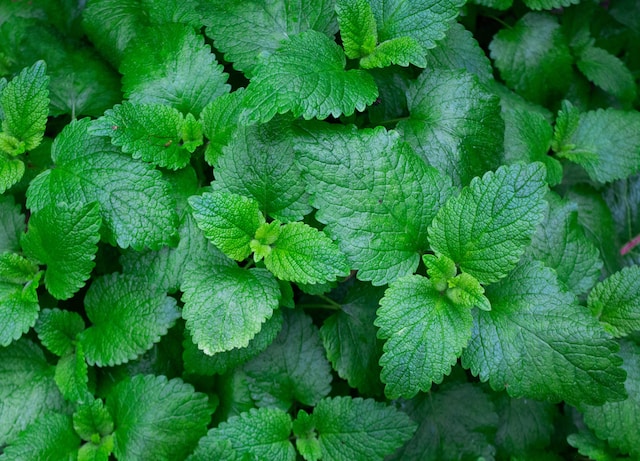Mint, with its distinct aroma and invigorating taste, has been cherished for its medicinal properties for centuries. Found in various products from teas to toothpaste, mint is more than just a flavor enhancer. Here are ten health benefits of this versatile herb:
1. Aids Digestion
Mint has been traditionally used as an appetizer or palate cleanser. It promotes digestion by soothing the stomach in cases of inflammation and promotes the flow of bile, helping to speed and ease the digestion process.
2. Relieves Headaches
The refreshing aroma of mint can act as a quick remedy for headaches. Mint is a natural analgesic, and its anti-inflammatory properties can help alleviate the pain.
3. Improves Oral Health
Thanks to its antibacterial and antimicrobial properties, mint can help combat bad breath. This is why it’s a common ingredient in toothpastes and mouthwashes.
4. Clears Respiratory Tract
Mint contains menthol, which acts as a natural decongestant. It helps in expelling phlegm from the respiratory tract, offering relief from coughs and congestion.
5. Boosts Immunity
Mint is rich in nutrients like vitamin B, potassium, and calcium, which help in bolstering the body’s defense system.
6. Eases Menstrual Cramps
The anti-spasmodic effect of mint can help alleviate the pain of menstrual cramps. Consuming mint tea has been a common remedy for this purpose.
7. Promotes Skin Health
With its anti-inflammatory and anti-bacterial properties, mint can help treat acne and pimple outbreaks. Its cooling effect also soothes irritated skin.
8. Supports Weight Loss
Mint can help stimulate digestive enzymes, which absorb essential nutrients from food and consume fat and turn it into usable energy. Thus, by adding mint to your diet, you might be aiding your body in turning fat into energy more efficiently.
9. Enhances Memory
Research has indicated that mint may have a positive effect on cognitive function. Consuming mint may enhance alertness and memory retention.
10. Allergy Relief
Mint contains an antioxidant and anti-inflammatory agent called rosmarinic acid, which has been studied for its effectiveness in relieving seasonal allergy symptoms.
Conclusion
Mint’s benefits extend far beyond its pleasant aroma and flavor. Whether you’re adding it to your tea, using it in culinary dishes, or seeking it out in health products, mint offers an array of health benefits that can contribute to overall well-being. As with any herb or supplement, it’s important to speak with a healthcare professional before making significant changes to your diet or wellness routine.


